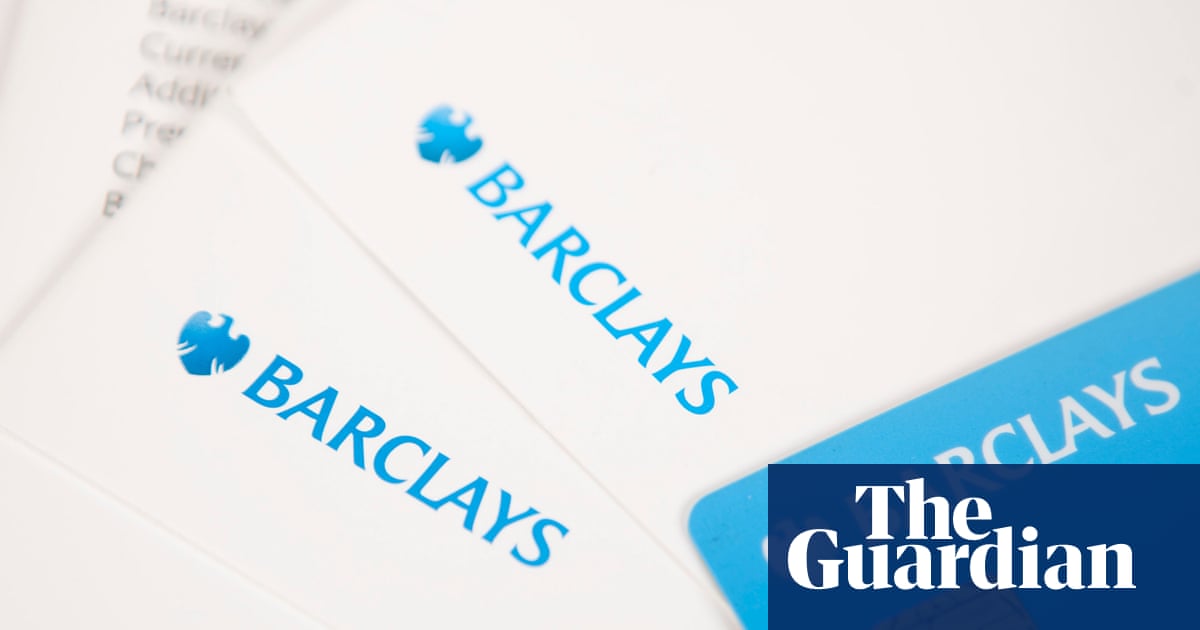My mother was diagnosed with dementia some years after moving to the UK from mainland Europe to work.
We tried many avenues: she lived with a friend for a while but this had to end after we found he was sexually abusing her; she lived with me but this became impossible as her illness caused her to become abusive. Eventually, we moved her back to her native country where she has a house and employed a care worker.
This arrangement broke down when my mother invited a stranger to move in with her and refused to let the care worker or anyone else in the house. The man financially exploited her then disappeared.
She suffered a mental collapse and, after repeatedly trying to set fire to the house, she had to be sectioned. She’s now in a care home in her home country. I was appointed her legal guardian by a court where she now lives.
I needed to close the Barclays account that she opened when she moved here as she is no longer resident in the UK and therefore no longer eligible for the banking service.
However, since April I have been struggling to get sense out of bank staff about what documents they require to prove my legal guardianship. I have been variously advised that they merely need the original court order, that they need a translation of the court order by a recommended service which cost me £650, that they needed a certified translation and an apostille (an official verification of a foreign language document) of the court order.
I paid £150 to the translating service to have the translation certified and flew back to my homeland to get an apostille of the original document from a notary, only to be told that it was actually the translation that needed an apostille.
No notary would verify a foreign-language translation. Things were getting murkier and murkier and I ended up crying in the branch.
After weeks of pleading, I was eventually given a list of documents Barclays “might” accept, but it’s ambiguous and I am petrified of getting the wrong documents again. Please help.
Name withheld
I decided to publish the account of your mother’s harrowing decline in detail to emphasise how vital this account closure is and how agonising the blithe cluelessness of Barclays staff has been for you. However, I have withheld the name of your native country to minimise the chance of your mother being identified.
Legal guardianship orders issued by foreign courts cannot be uncommon and it defies belief that Barclays does not appear to have a process for dealing with them. Not only did Barclays staff appear to make it up as they went along, they fell silent for days on end after you’d obeyed their latest whim, requiring you to chase for progress. Of which there was none.
It took the prospect of a headline to prompt a clear set of instructions from Barclays plus a £150 goodwill payment for the distress. It says it now has the documents it needs to close the account. A spokesperson said: “We are very sorry for the service [the customer’s daughter] experienced. We should have clearly explained the additional steps required.”
Account issues in the UK, too
Closing the account of someone who has lost mental capacity can also prove a wild goose chase for UK nationals, as LC from Oxfordshire found.
LC’s husband has Alzheimer’s disease and lives in a care home. LC has registered lasting power of attorney, allowing her to manage his affairs, and in April she wrote to their bank, Halifax, to ask if she could merge the personal account she has with another bank with the couple’s joint Halifax account.
“I need to reduce the number of banks and accounts I’m responsible for,” she writes.
Halifax insisted that the joint account would have to be in her sole name before the merger could happen and that her husband would have to sign a form to authorise the removal of his name. “He can no longer sign his name and even if he could, he would not understand what he was signing,” she writes.
LC phoned to explain and was told to visit a branch. Branch staff were unable to help, a letter proved fruitless, so did a second and third.
When I questioned its conduct, Halifax admitted that it had given LC incorrect advice about the requirements for the switch. It has now allowed her to make the merge and paid £350 in compensation.
We welcome letters but cannot answer individually. Email us at consumer.champions@theguardian.com or write to Consumer Champions, Money, the Guardian, 90 York Way, London N1 9GU. Please include a daytime phone number. Submission and publication of all letters is subject to our terms and conditions.


